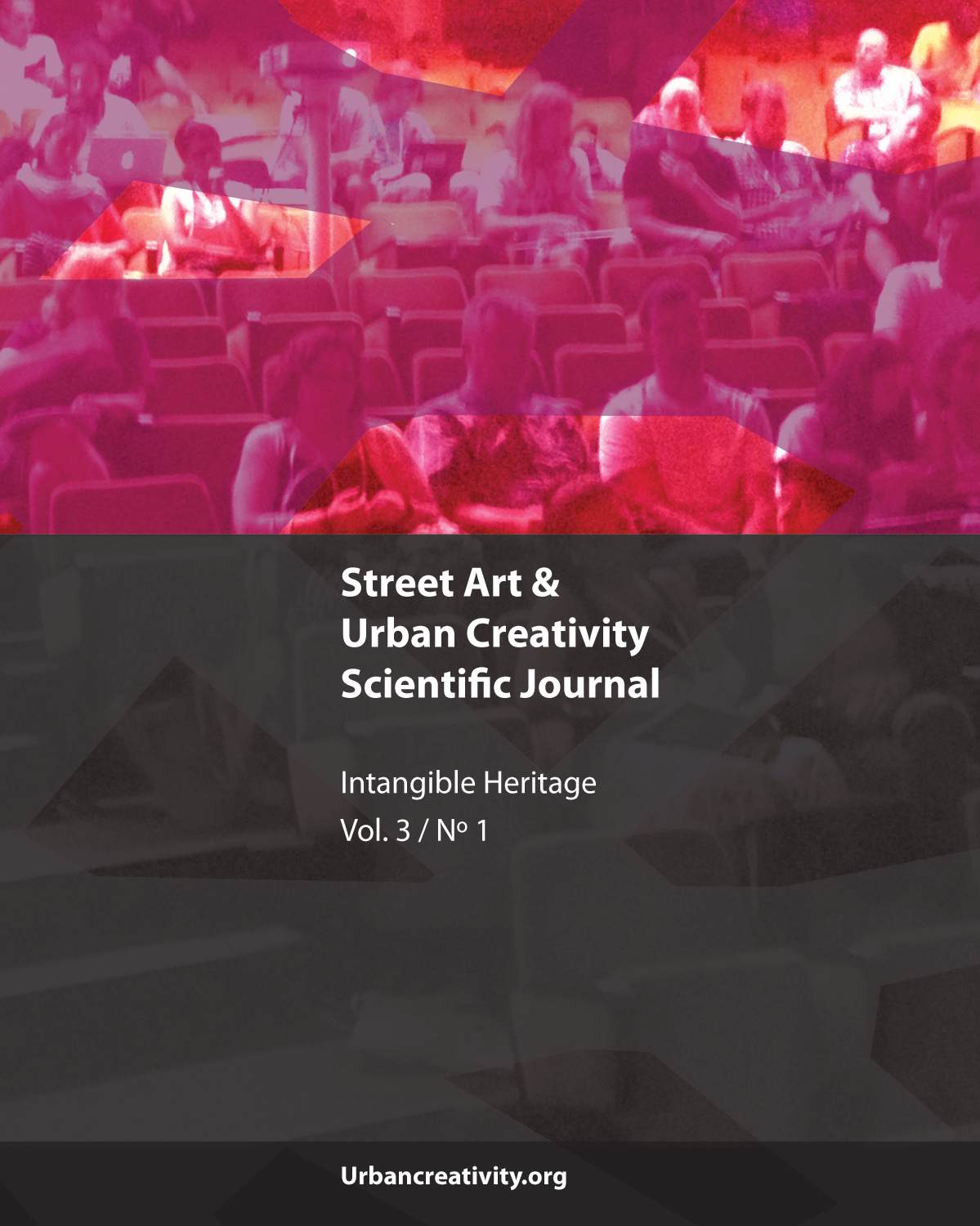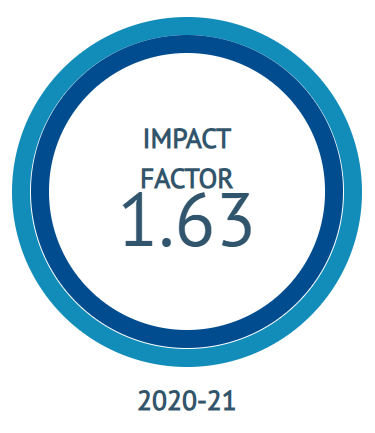Cultural heritage and the ficto-critical method:
The ballad of Utah and Ether
DOI:
https://doi.org/10.25765/sauc.v3i1.71Keywords:
Graffiti, Ficto-criticism, Law, Literature, Research methods, Utah, Ether, “Probation Vacation”Abstract
Once dubbed “the Bonnie and Clyde of graffiti”, the globe-trotting, train-painting duo of Utah and Ether occupy a central place in contemporary graffiti folklore. Having both served jail time in the US for graffiti offenses, the couple skipped parole and embarked on a long term “probation vacation”, painting subway networks across Europe and Asia. Their exploits were carefully documented through photographs and web videos, including a collaboration with The Grifters, a ground-breaking video series. In 2016, Ether was again arrested and jailed while placing stickers on a Melbourne street. This paper considers the implications of Utah and Ether’s graffiti practice. Using ficto-critical writing techniques, it attempts to fill in the gaps of Utah and Ether’s fantasy life on the run and think through its implications for cultural heritage and graffiti research in a late capitalist world.
Downloads
Global Statistics ℹ️
|
172
Views
|
79
Downloads
|
|
251
Total
|
|
Downloads
Published
How to Cite
Issue
Section
License
Those authors who publish in this journal accept the following terms:
-
Authors retain copyright.
-
Authors transfer to the journal the right of first publication. The journal also owns the publishing rights.
-
All published contents are governed by an Attribution-NoDerivatives 4.0 International License.
Access the informative version and legal text of the license. By virtue of this, third parties are allowed to use what is published as long as they mention the authorship of the work and the first publication in this journal. If you transform the material, you may not distribute the modified work. -
Authors may make other independent and additional contractual arrangements for non-exclusive distribution of the version of the article published in this journal (e.g., inclusion in an institutional repository or publication in a book) as long as they clearly indicate that the work was first published in this journal.
- Authors are allowed and recommended to publish their work on the Internet (for example on institutional and personal websites), following the publication of, and referencing the journal, as this could lead to constructive exchanges and a more extensive and quick circulation of published works (see The Effect of Open Access).













